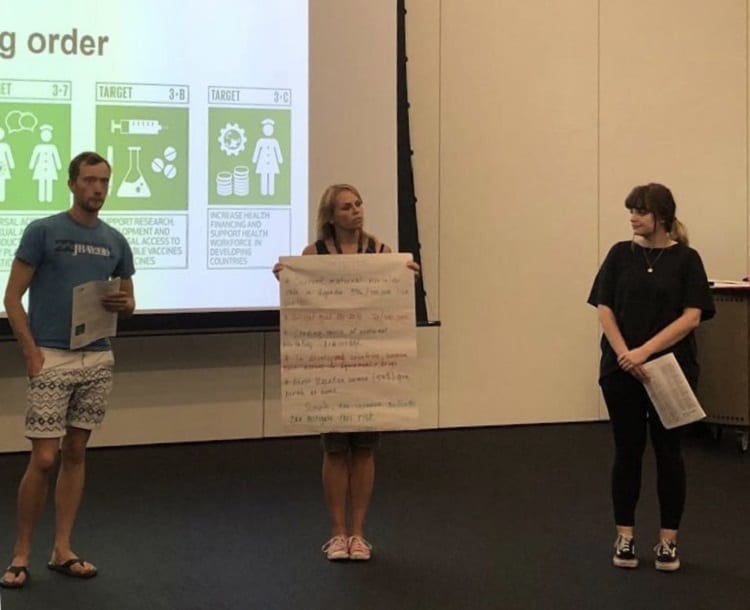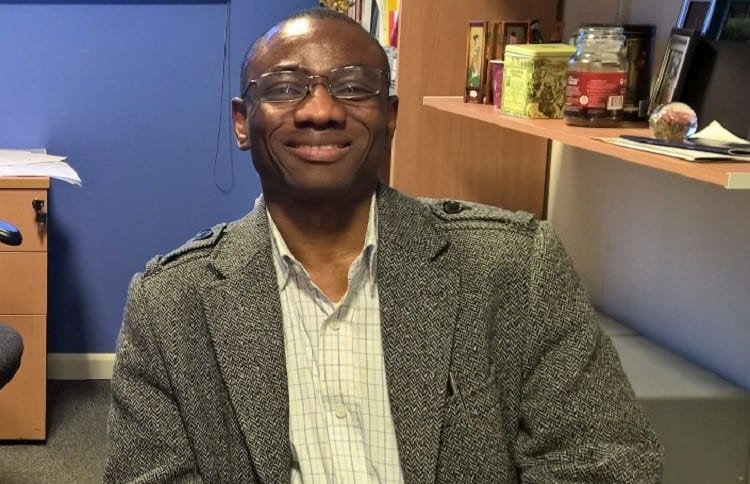Communicating cancer risk in primary care

The latest study from CaHRU was published in Health Expectations titled, ‘Communicating cancer risk in the primary care consultation when using a cancer risk assessment tool: Qualitative study with service users and practitioners’. The study was led by Dr Joseph Continue reading Communicating cancer risk in primary care




